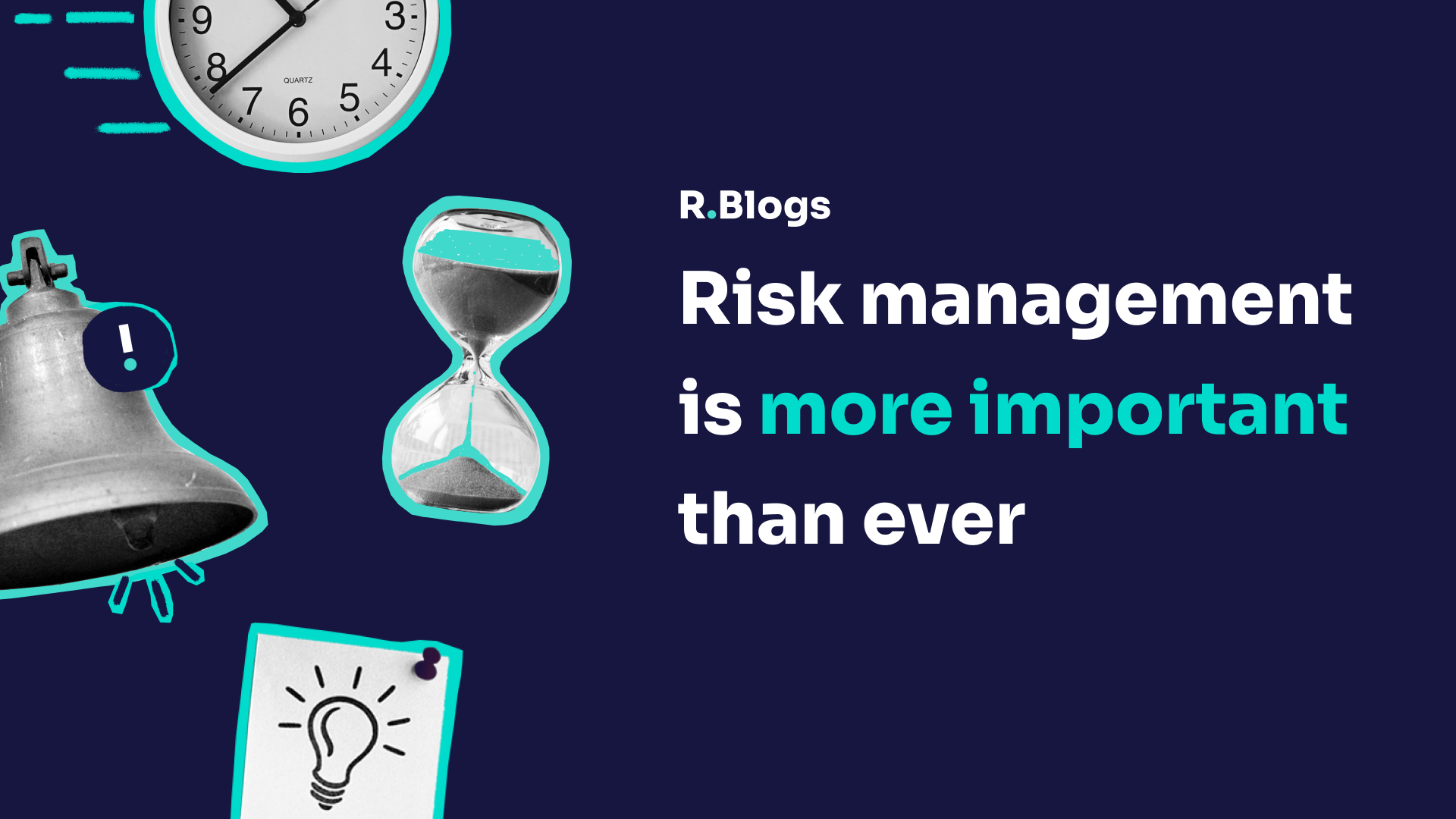Exploring the Increasing Importance of Risk Management in Corporate Strategy
Exploring the Increasing Importance of Risk Management in Corporate Strategy
Blog Article
The Vital Relevance of Risk Management in Getting Organizational Goals
In the rapidly progressing business landscape, the capability to browse uncertainty has actually come to be a vital. This is where Risk Management steps in, offering an organized approach to identifying, evaluating, and mitigating possible barricades to proceed. It's more than just a protective procedure - it's a calculated tool, cultivating strength and technology. As we check out the important role of Risk Management in attaining business objectives, one can not help however ask yourself: just how does this convert into real-world success?
Recognizing the Concept of Risk Management in Organization

The Indispensable Role of Risk Management in Strategic Planning
Incorporating Risk Management right into strategic preparation acts as a protect for companies, securing their lasting plans with a strong foundation of readiness and strength. Risk Management uses a framework for expecting unpredictabilities and developing suitable reactions, guaranteeing the company's survival and prosperity even in the face of difficulty. By integrating Risk Management right into strategic planning, organizations can transform these unpredictabilities right into possibilities for growth and innovation.

Strategies for Identifying, Assessing, and Prioritizing Threats
The procedure starts with Risk recognition, employing devices such as SWOT analysis, which helps in identifying prospective threats and opportunities. Next off, Risk assessment is performed to establish the possible effect and probability of each Risk. Threats are prioritized based on their prospective impact and likelihood, allowing companies to focus their resources on high-priority risks.
Securing Business Operations With Efficient Risk Management
In the organization landscape filled with uncertainties, reliable Risk Management plays a crucial role in safeguarding organizational procedures. It works as a protective guard, reducing the damaging effects of potential threats and guaranteeing the smooth functioning of all processes. By identifying and evaluating prospective dangers, Risk Management allows companies to develop durable backup strategies. This precautionary technique aids in keeping operational security, also when faced with unexpected scenarios. In essence, Risk Management is the lifeline that maintains the organizational operations afloat amidst unstable waters. It makes certain not just the survival however the sustainable growth of a company, making it an essential tool in accomplishing business purposes. Organizations should spend in detailed Risk Management approaches to protect their operations.

Converting Potential Dangers to Opportunities: The Power of Risk Management
While prospective risks may originally look like roadblocks to organizational success, efficient Risk Management can change them into chances. A positive strategy to run the risk of Management includes determining, analyzing, and moved here focusing on dangers to devise methods that turn them right into prospective benefits. This procedure demands the development of a risk-aware culture within the company, encouraging individuals to see threats as potential catalysts for change and growth, as opposed to mere threats. importance of risk management. Via this lens, possible risks come to be opportunities to innovate, boost procedures, and enhance durability. Hence, by leveraging the power of Risk Management, companies can not just safeguard their procedures however likewise spur growth and accomplish their goals in an uncertain company setting.
Situation Studies: Success Stories of Risk Management Driving Organization Objectives
Successful implementation of Risk Management techniques has yielded excellent lead to various organizations, underscoring the qualities of this technique. International firms like Microsoft and Google, for example, have actually leveraged Risk Management to lessen dangers and manipulate opportunities, driving their business purposes onward. Microsoft's positive Risk Management strategy helped it pivot quickly during the 2020 pandemic, transitioning to remote job efficiently, thereby keeping performance. Google, by analyzing and reducing prospective threats in its cloud-based services, has ensured undisturbed service, thus strengthening consumer trust. These instances illustrate how successful Risk Management can not just guide companies clear of prospective challenges however likewise guide them in the direction of their critical goals. Therefore, Risk Management is important to the pursuit of business goals.
Conclusion
To conclude, Risk Management is fundamentally critical in achieving organizational objectives. It provides an organized technique to determining, examining, and addressing prospective threats and opportunities. Even more than just mitigating dangers, it additionally promotes development, durability, and lasting development. By including Risk Management into strategic planning, businesses can better browse unpredictabilities, protect procedures, and capitalise on opportunities, thus aligning with lasting goals.
At its core, Risk Management is the process of identifying, examining, and dealing with prospective risks that can adversely impact a company's goals or operations. Next off, Risk analysis is carried out to ascertain the potential influence and possibility of each Risk. Threats are prioritized based on their More Bonuses prospective effect and chance, allowing companies to focus their sources on high-priority risks. By determining and evaluating possible dangers, Risk Management enables organizations to develop robust backup plans. A positive strategy to take the chance of Management entails identifying, analyzing, and prioritizing risks you can find out more to design strategies that transform them right into potential advantages.
Report this page